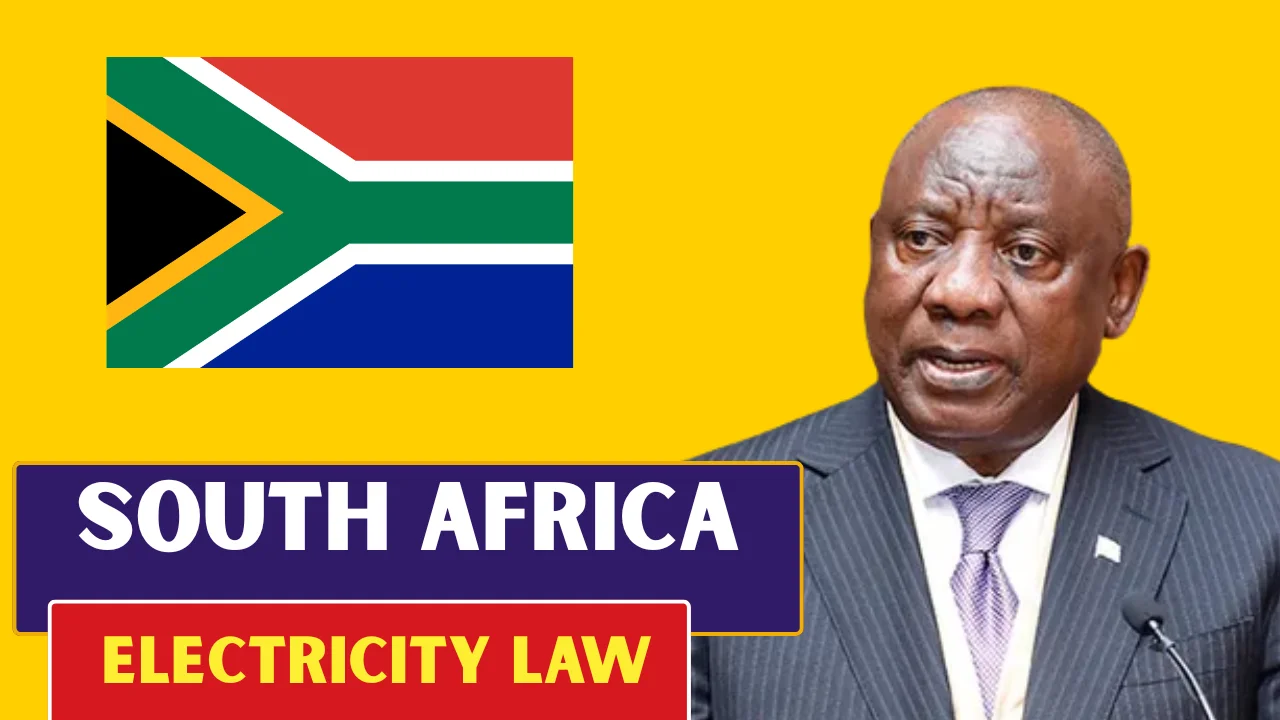South Africa’s New Electricity Laws in 2025: Everything You Should Know : As 2025 approaches, South Africa is preparing for a major transformation in its electricity sector. Sweeping legislative changes are set to modernize the country’s power system, aiming to deliver more reliable energy, cut down on load-shedding, accelerate the adoption of renewable energy, and encourage private investment. For everyday South Africans, these updates mean fewer blackouts, more options for powering homes and businesses, and new opportunities to embrace sustainable energy solutions.
Breaking Down the Big Changes
The most significant shift is the move away from Eskom’s historic monopoly over electricity generation and distribution. Instead, an independent body will soon oversee the national power grid, opening the doors for private companies to supply electricity directly to consumers and businesses. This is a game-changer for regions frequently plagued by outages, promising greater stability and improved access.
Additionally, municipalities will now have more freedom to purchase electricity from independent producers and roll out support for small-scale solar projects. This decentralization should make local grids more adaptable and better equipped to meet community needs.
Boosting Solar and Clean Energy
Among the standout features of the new laws is robust support for solar energy. Homeowners, small enterprises, and neighborhoods will find it easier—and more affordable—to install and register solar systems. The government’s current focus on small-scale embedded generation (SSEG) means the path to going solar is now less complicated and costly.
Many municipalities are actively encouraging rooftop solar panels, offering streamlined approval processes and, in some cases, attractive tax breaks. For South African households, these incentives can dramatically cut electricity costs while boosting energy independence.
How Will Electricity Bills Change?
Consumers can expect moderate tariff increases in 2025 as the government invests in overdue upgrades to the power infrastructure. However, a new, clearer billing model—featuring both fixed and usage-based charges—should help families and businesses budget more easily. While some may see higher bills initially, the improved service quality and reliability should prove worthwhile.
Households that generate their own solar power could see even greater benefits, using less electricity from the grid and potentially earning credits for any surplus energy they contribute.
What Can You Do to Prepare?
Now is a great time for homeowners to explore solar options and take advantage of the current incentives and fee waivers. Renters and business owners should stay updated on tariff changes and consider practical energy-saving strategies. After years of enduring load-shedding, South Africans can finally look forward to a more secure, diverse, and sustainable energy future.
Also read: Toyota Unveils All-New Fortuner
South Africa’s electricity landscape is evolving—offering more choice, resilience, and green power for everyone. By staying informed and acting early, you can make the most of these new opportunities as the nation steps confidently into its next energy era.
